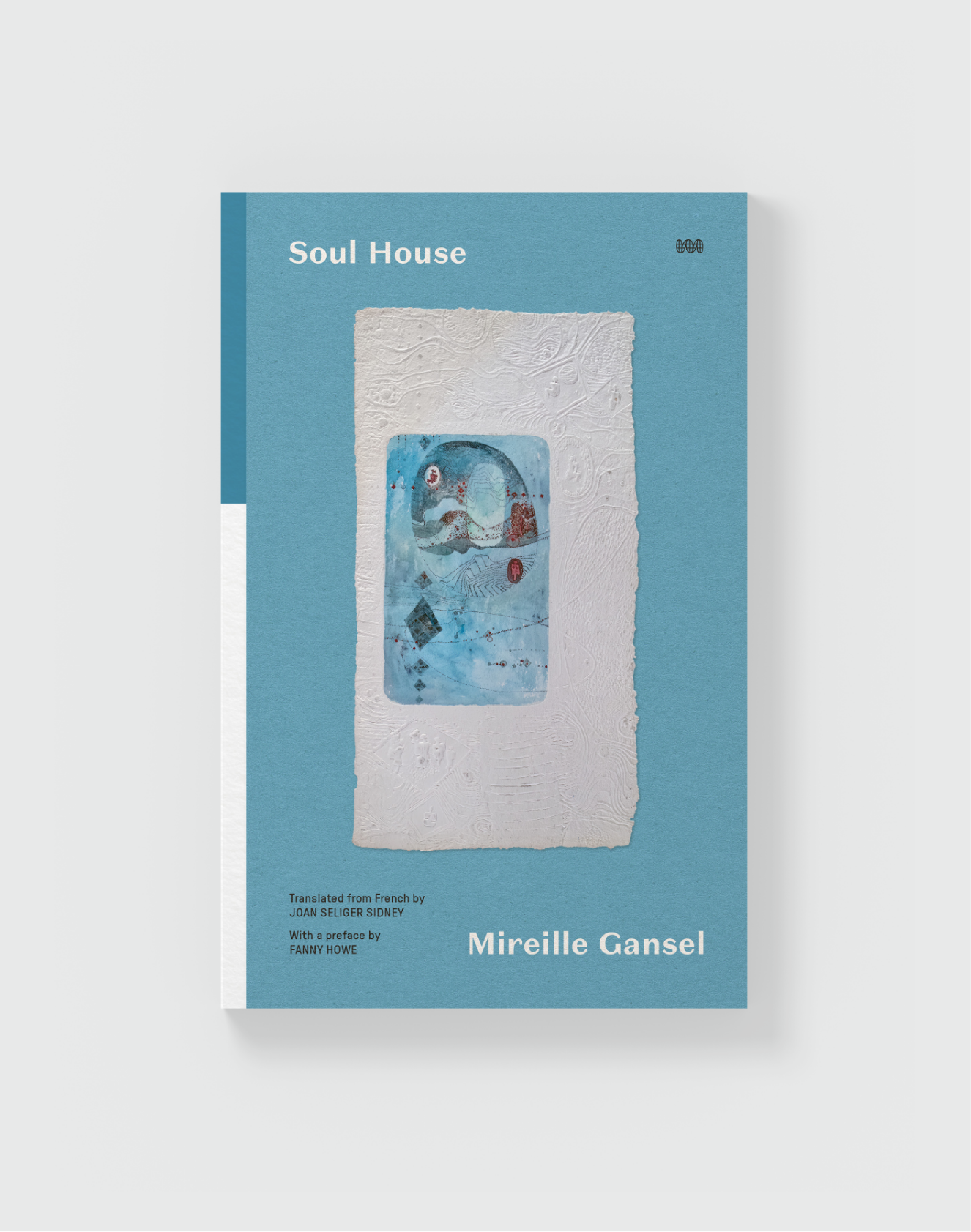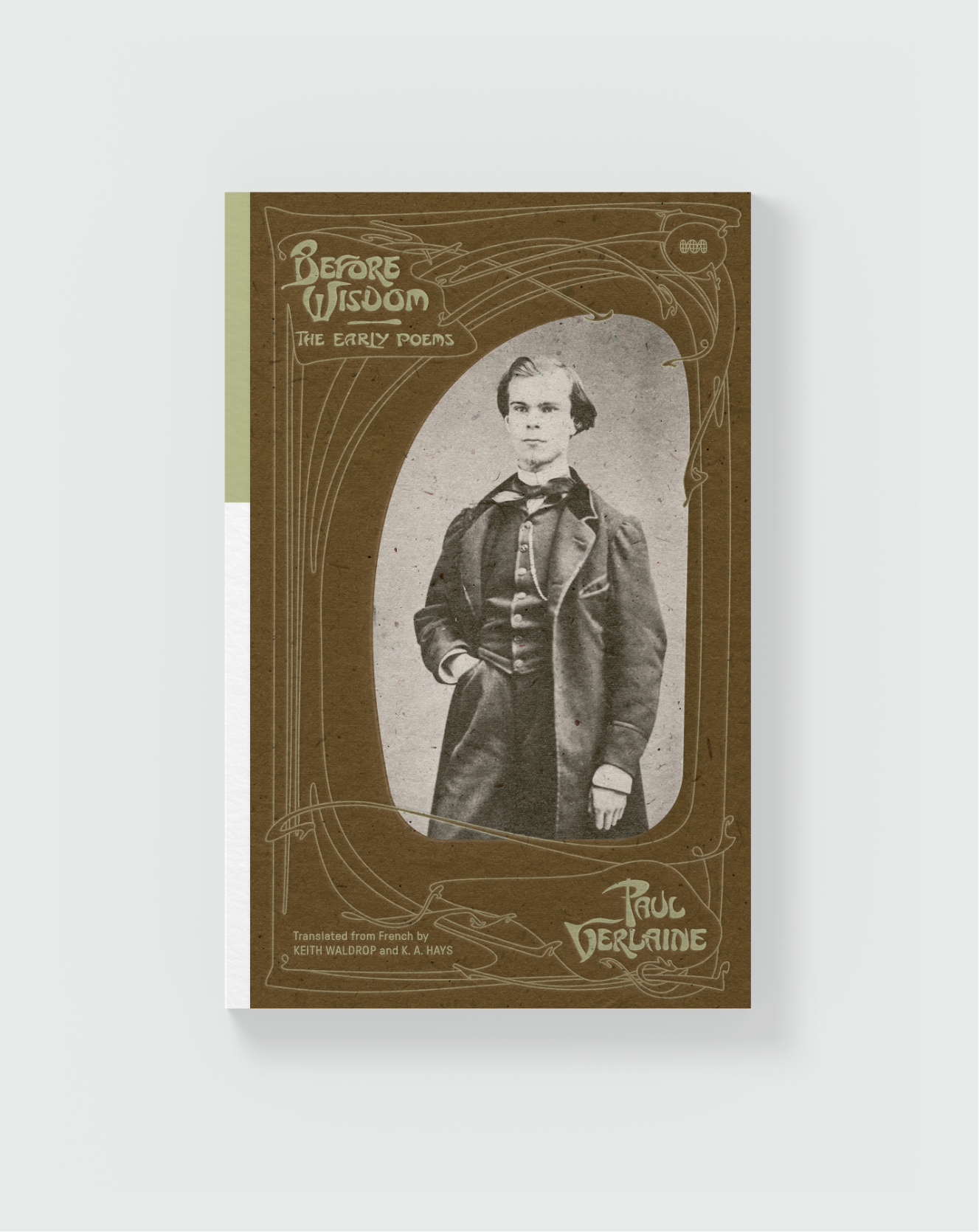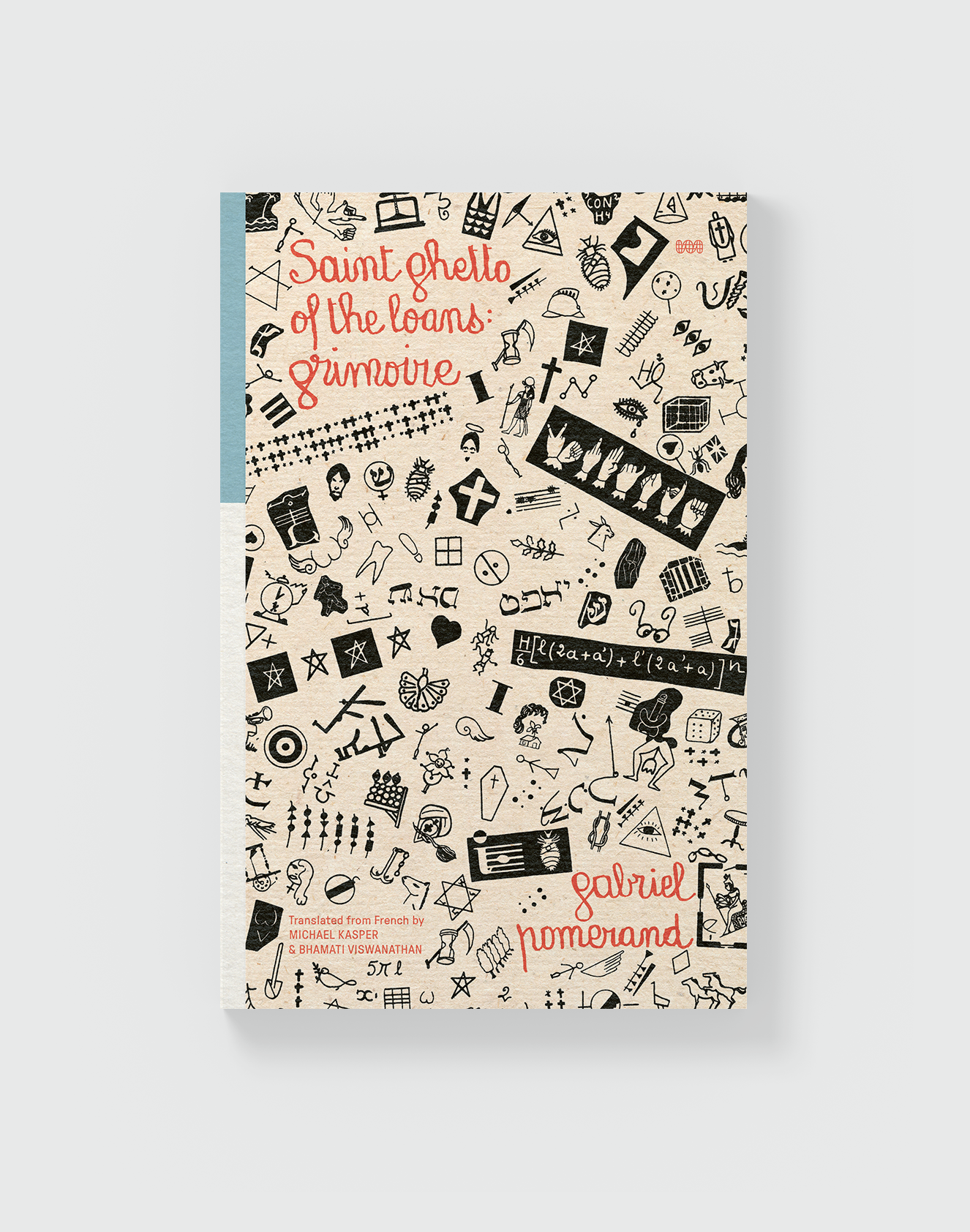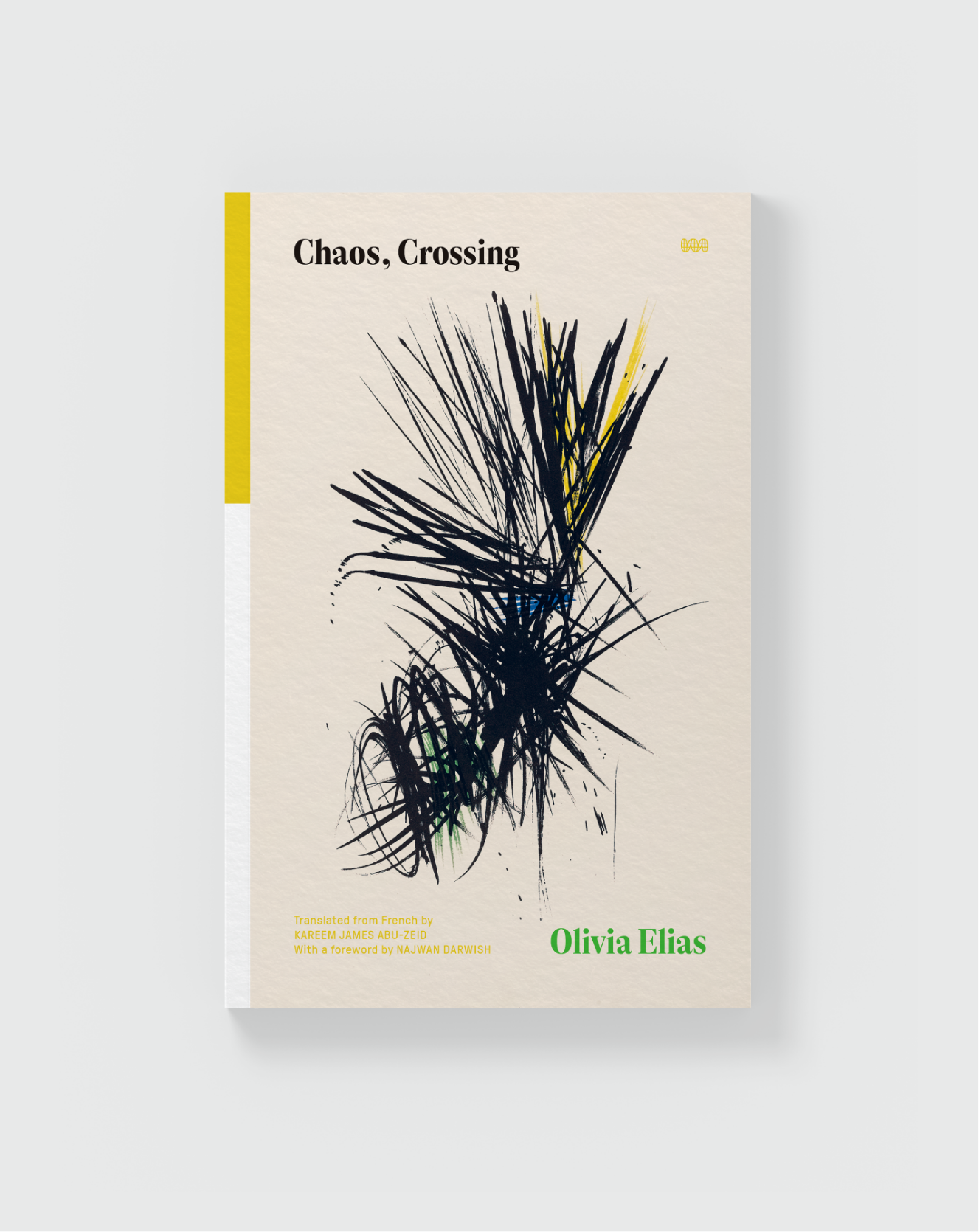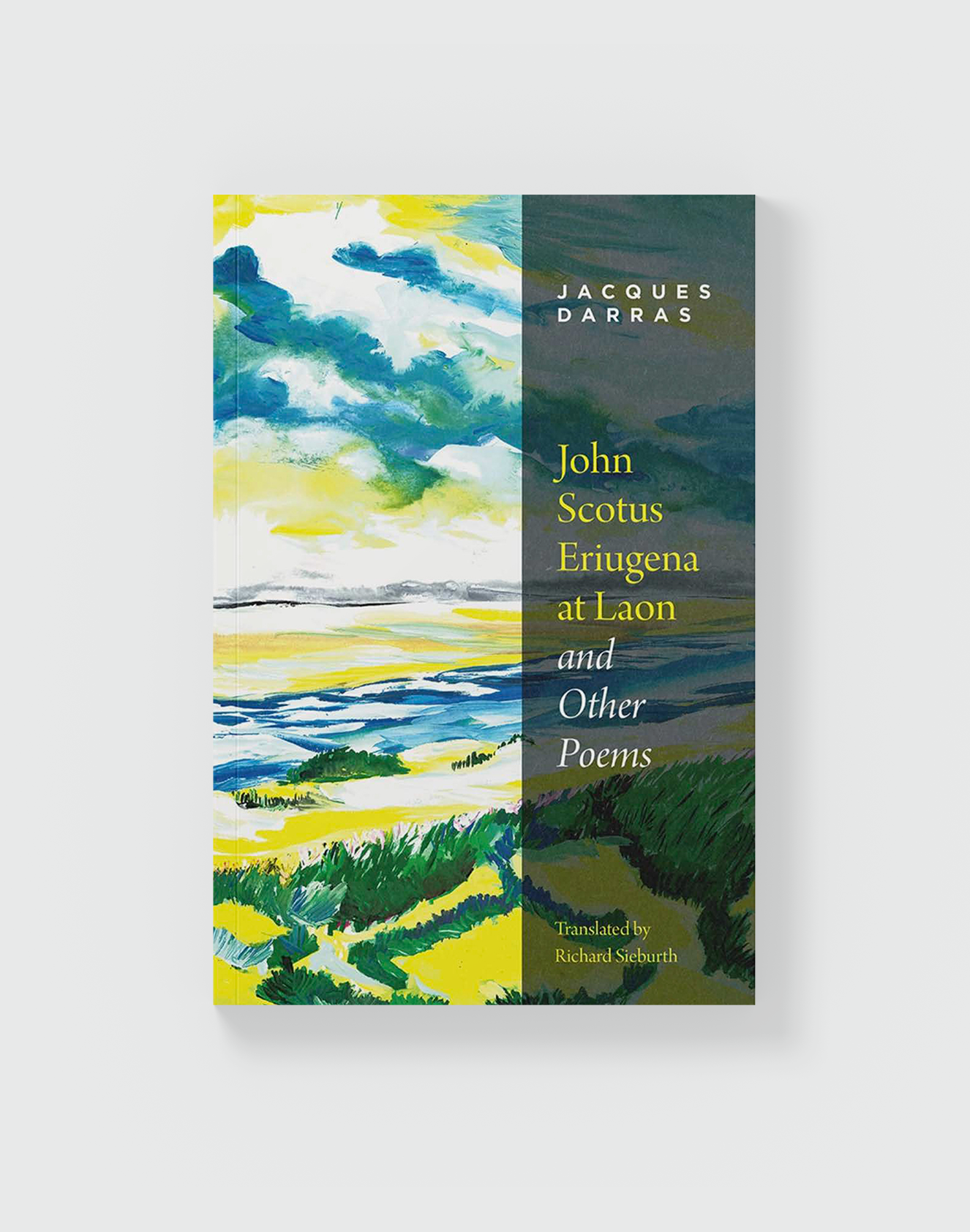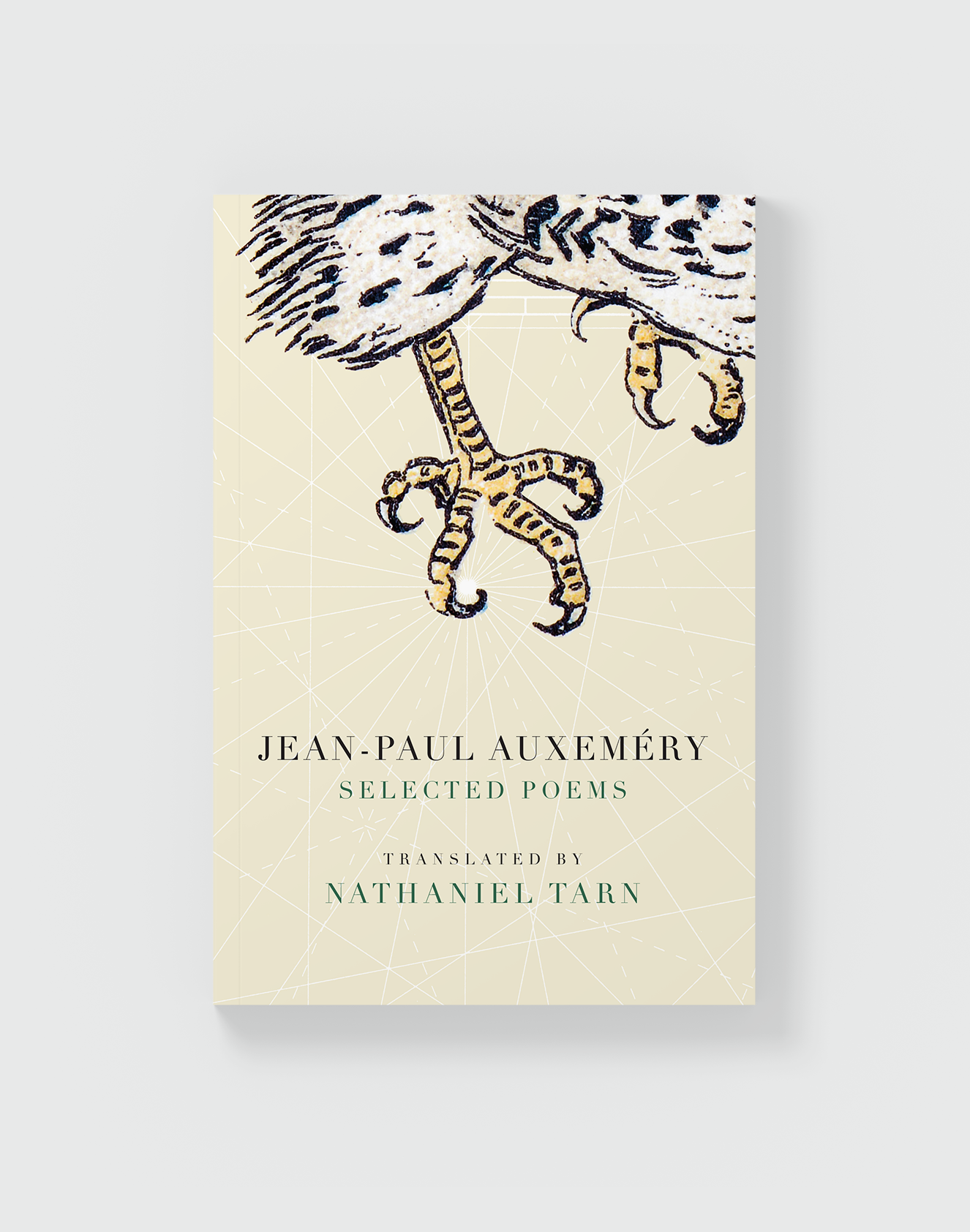Witold Wirpsza - Apotheosis of Music
-
Bilingual Edition
144 pages
April 24, 2025
ISBN 978-1-954218-31-4
Eastern European Poets Series #49
Distributed by Asterism (US) and Turnaround Publisher Services (UK & EU)This publication has been supported by the ©POLAND Translation Program.
Witold Wirpsza
Apotheosis of Music
Translated from Polish by
FRANK L. VIGODA
The first English-language collection of Witold Wirpsza, a major post-war Polish poet known for his subversive language, irony, and political satire.
Witold Wirpsza’s poetry belongs to an experimental and intellectual current less present in the Whitmanian English-language tradition. Reveling in spoof, buffoonery, the grotesque, paradox, hyperbole, and nonsense, his work employs every poetic means to undermine our propensity to take what is being said at face value. His linguistic explorations stem from a mistrust in language as an adequate means of communication and a scrutiny of its susceptibility to abuse and misuse for political ends. By turns “difficult,” abstract, darkly humorous, his poetry is steeped in ethical and social concerns. This collection draws from his many books, covering a period from the late 1940s to the 1980s, and includes poetic cycles on Stalin, on music, on dance, and the 1955 exhibit, The Family of Man.
“This splendid translation renders the poetry of Witold Wirpsza in all its spiky individuality and idiosyncratic music. These poems upend expectations and clichés to engage suffering, history, and the self from, in Wirpsza’s words, ‘imagination and venom.’ It’s exhilarating. Apotheosis of Music is an important expansion of the Anglophone version of Polish poetry, and, in its own right, a thrilling book of peculiar wisdom.” —Elisa Gonzalez
“Like his vital contemporaries of the previous century, such as Miron Białoszewski, Julian Przyboś, and Tadeusz Różewicz (who also continue to be under-appreciated in the Anglophone sphere), Witold Wirpsza is a dynamic poet unafraid to speak truth to power and insist on ‘a separate table, please.’ The poems selected for Apotheosis of Music boldly sing in counterpoint against the growing tides of dangerous groupthink or vapid insularity, where faulty cartography is drawn from a mix of ‘imagination and venom,’ and musical notes are actual objects that can get tacked onto your skull, giving you the look of a hedgehog. Wirpsza’s twentieth-century troubadour could be staring into the future when he sees the absurdity of windmills whacking at each other like stationary Three Stooges and sardonically wonders if they ‘Have their own sky and will / They take off into that sky and / Take all the possessed to tranquility.’ If there’s a more apt metaphor for our tech-siloed quixotic age, I haven’t encountered it.” —Mark Tardi
“Witold Wirpsza is the Polish John Ashbery, with a cause. The labyrinth of his art-educated work has periscopes trained on the brutalist and brutal regime outside. He has Ashbery's humor, his large playing field of language (with more consonants), but another slice of the twentieth century (the nasty one) and another country (one with boots on it). Wirpsza's music (often literally about music) is marvelously apt now as the U.S. of Ashbery becomes the Poland of Wirpsza.” —Andrei Codrescu
WITOLD WIRPSZA (1918–1985) published his first collection in 1935 at the age of seventeen and went on to write some twenty volumes of poetry in all. He spent much of WWII in a German POW camp and later translated from German. From 1968 until his death he lived in West Berlin. In 1971, after publishing an essay titled “Pole, Who Are You?,” he was banned from publishing in Poland. His skeptical, philosophical poems, which often take inspiration from music—he was a trained musician—look askance at the ideological entanglements of language.
FRANK L. VIGODA is the pen name for husband-wife translating duo Gwido Zlatkes and Ann Frenkel who translate from Polish to English. Their recent books include Karol Modzelewski’s autobiography Riding History to Death (Rowman & Littlefield) and Aleksander Wat's Against the Devil in History: Poems, Short Stories, Essays, Fragments (Slavica Books).
PRESS
Reviewed by Daniel Barbiero for London Grip
Reviewed by Danielle Bartholet for Full Stop
Reviewed by Dylan Stewart for The Manchester Review
Reviewed by Katherine Beaman for Asymptote
Reviewed by Eric Bies for Open Letter Review








